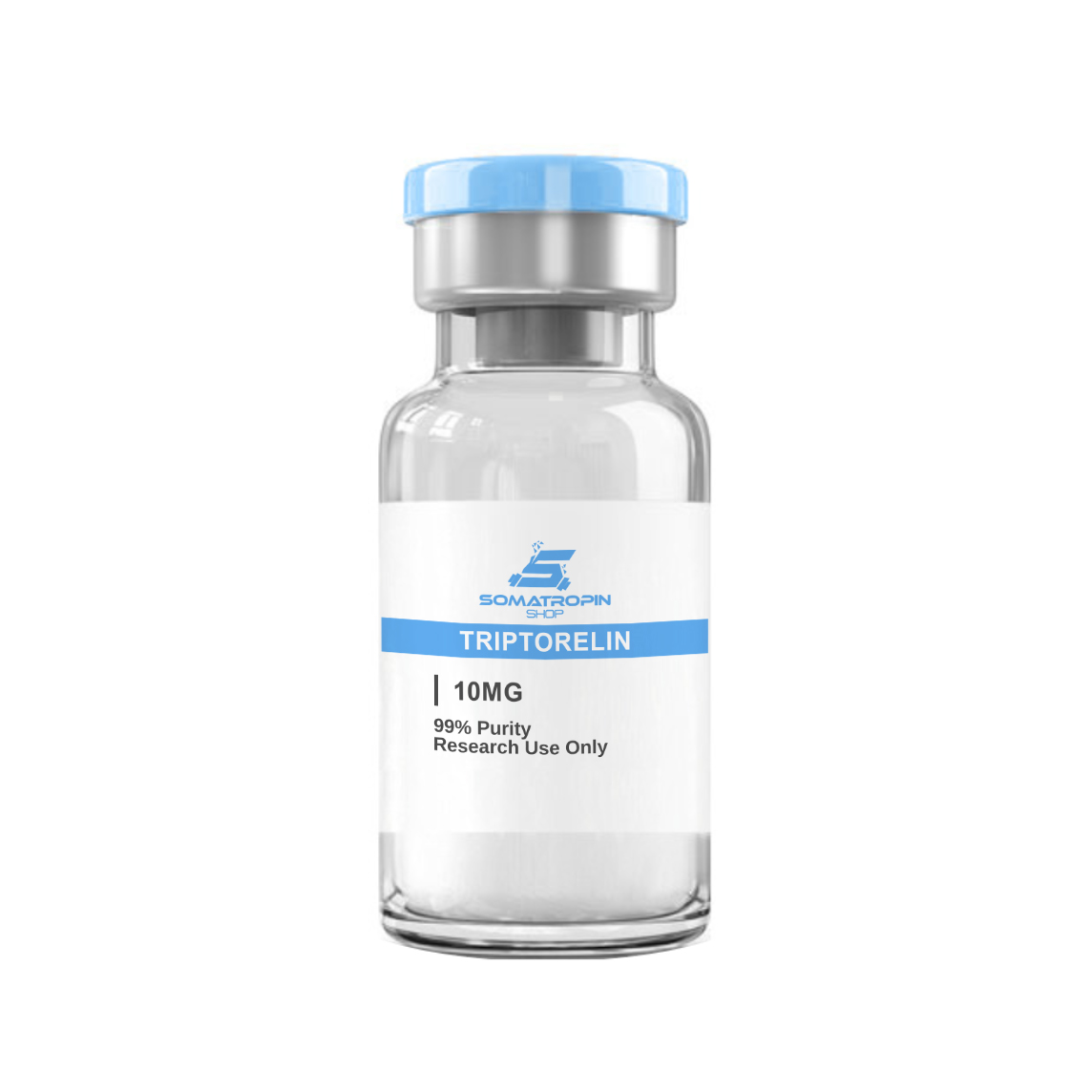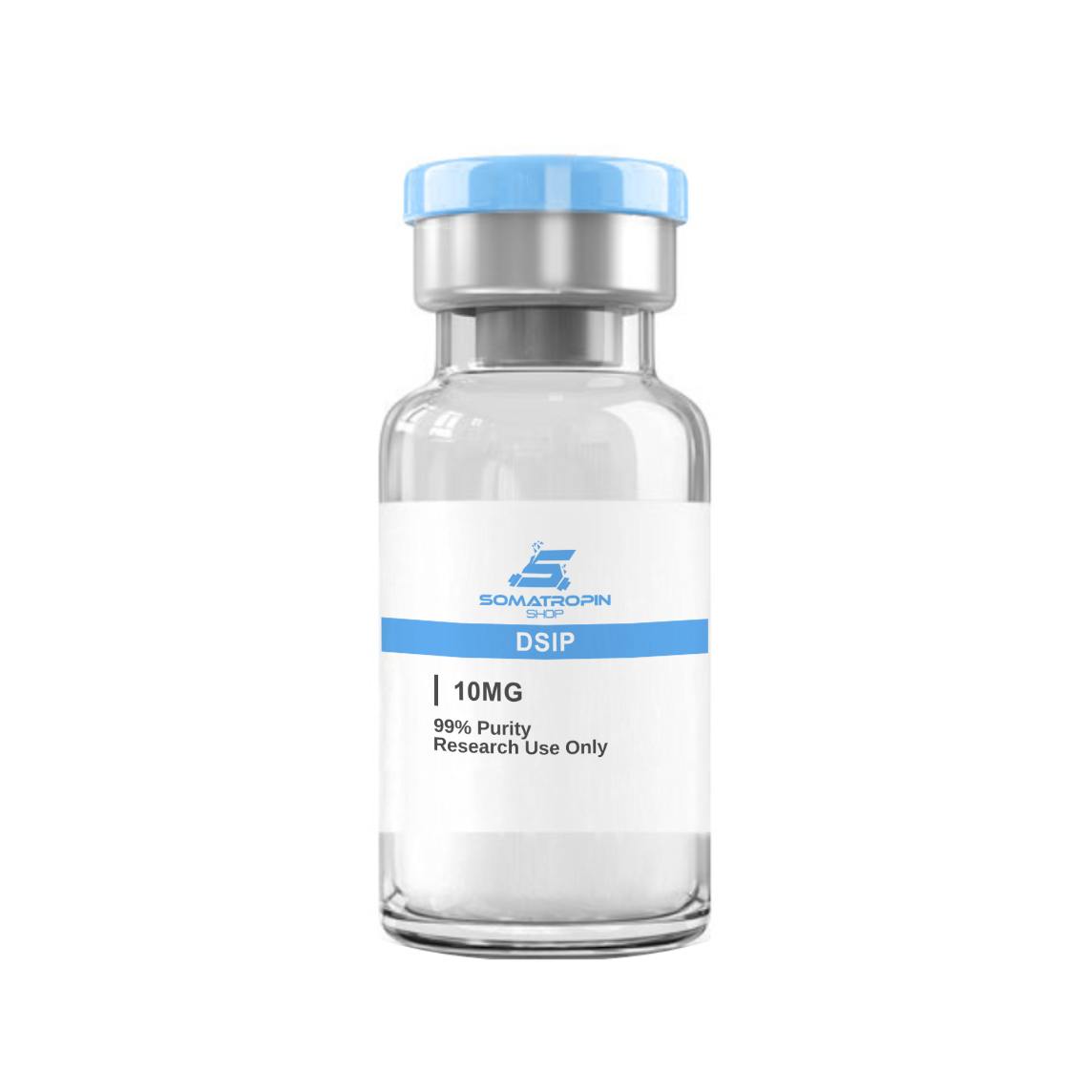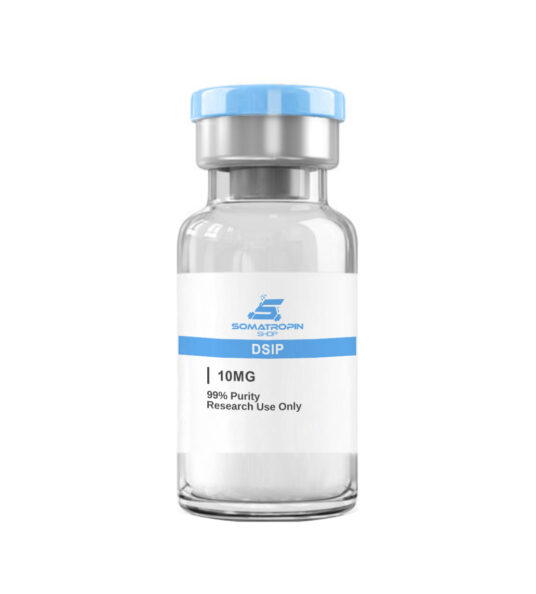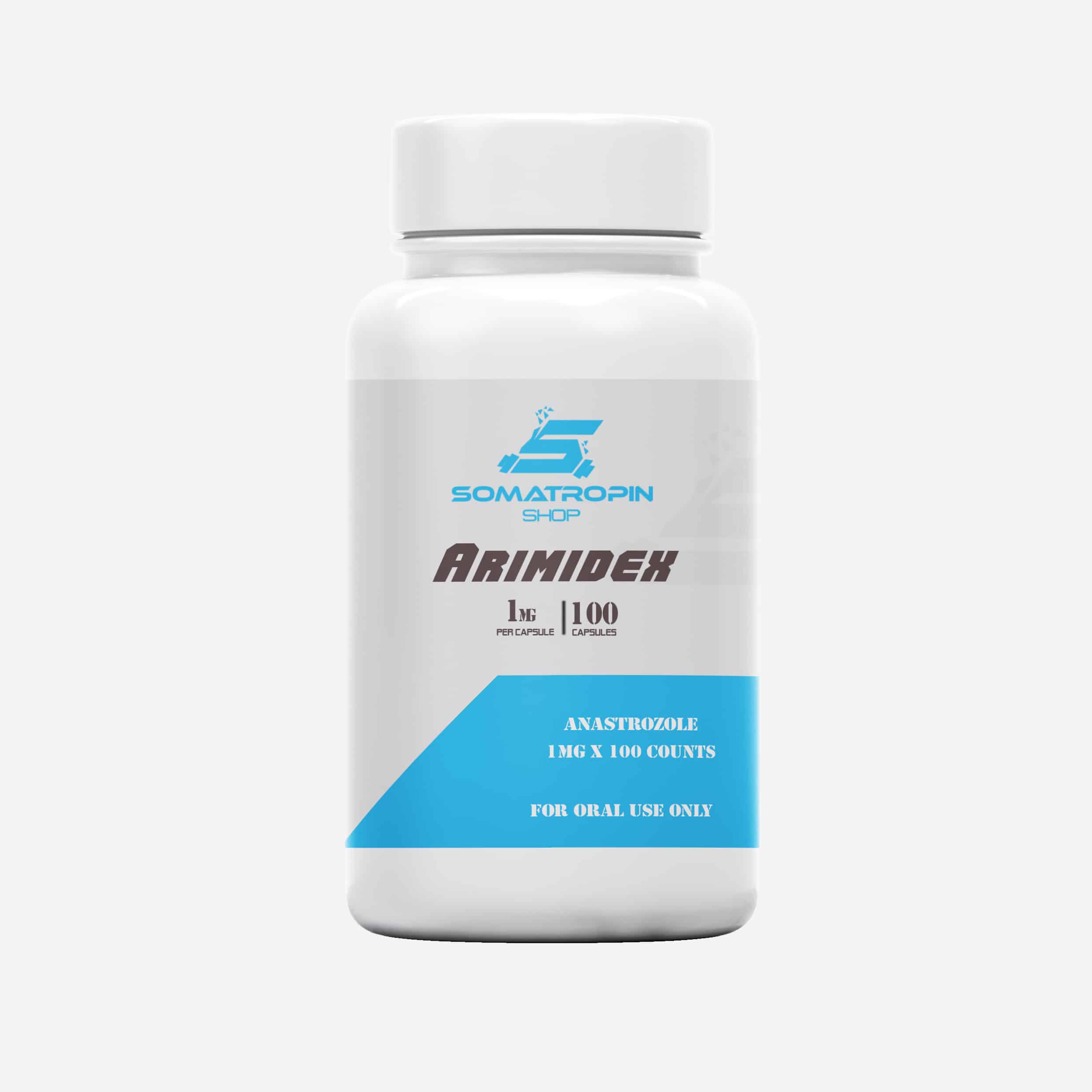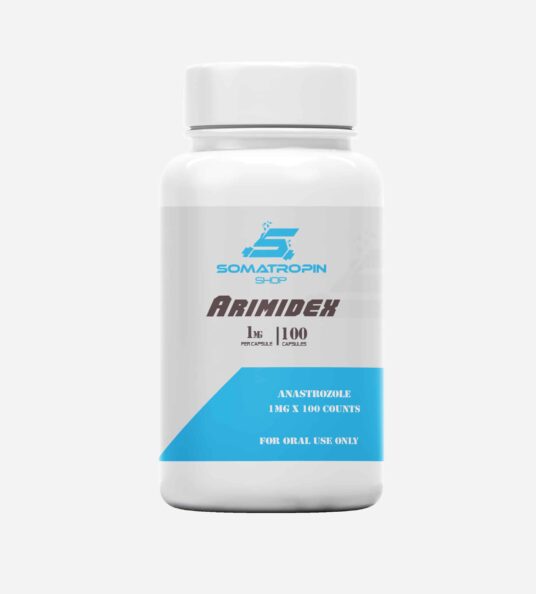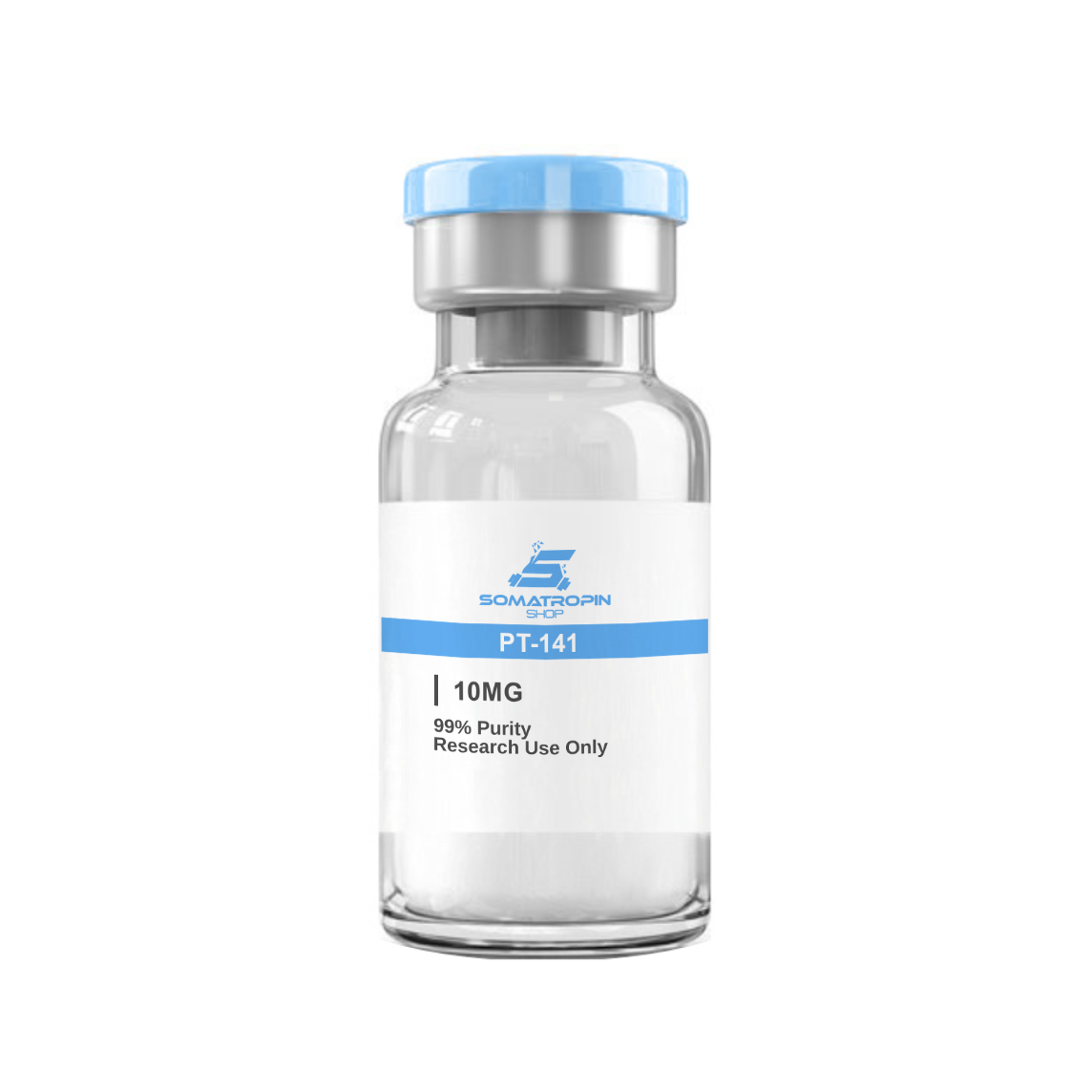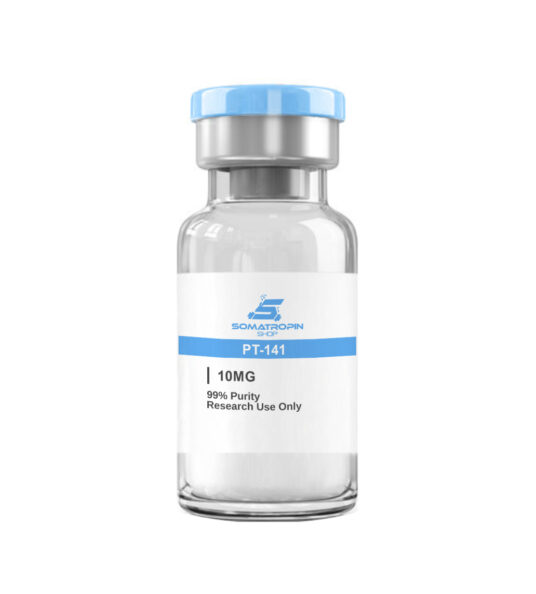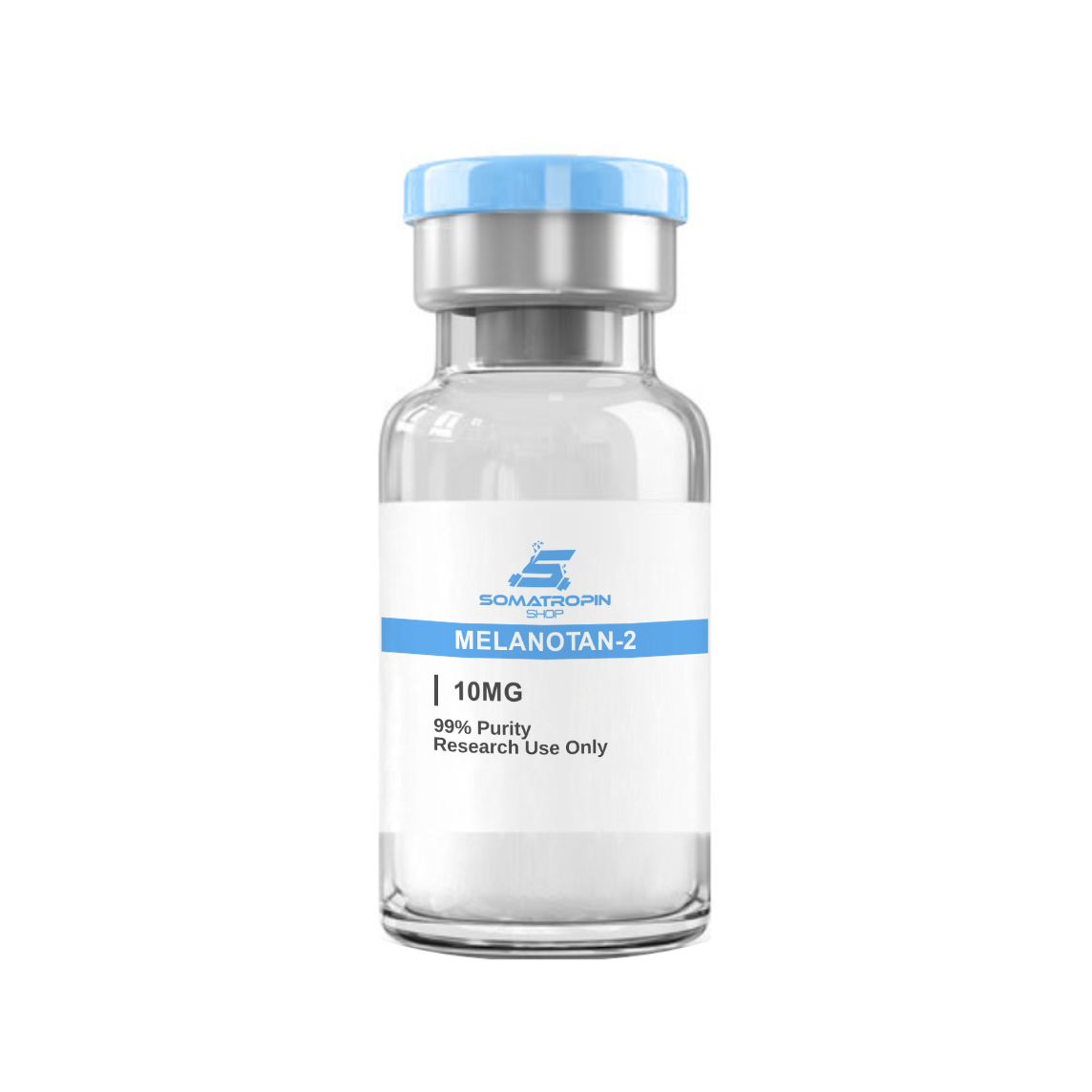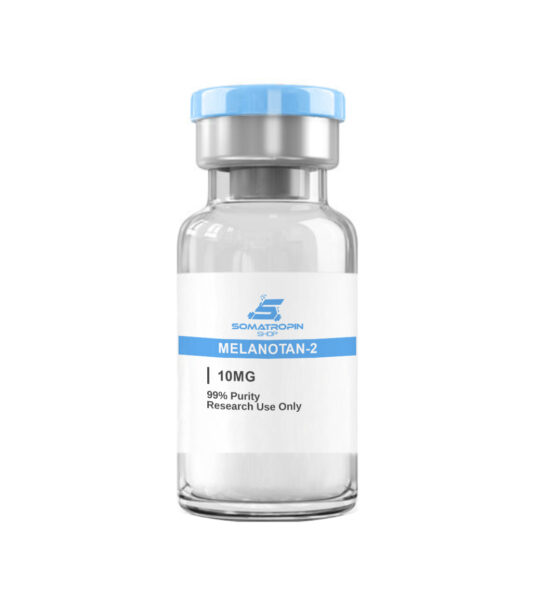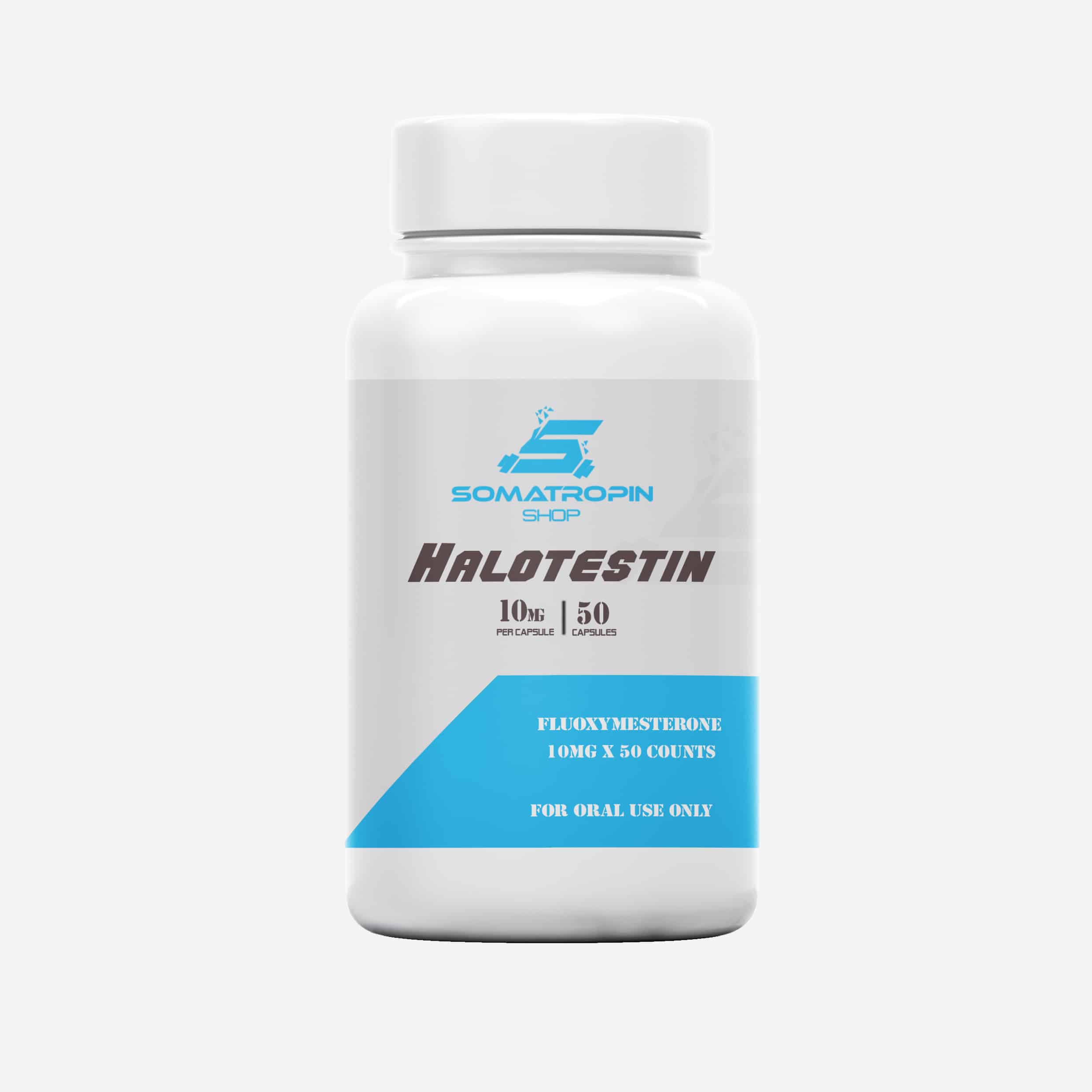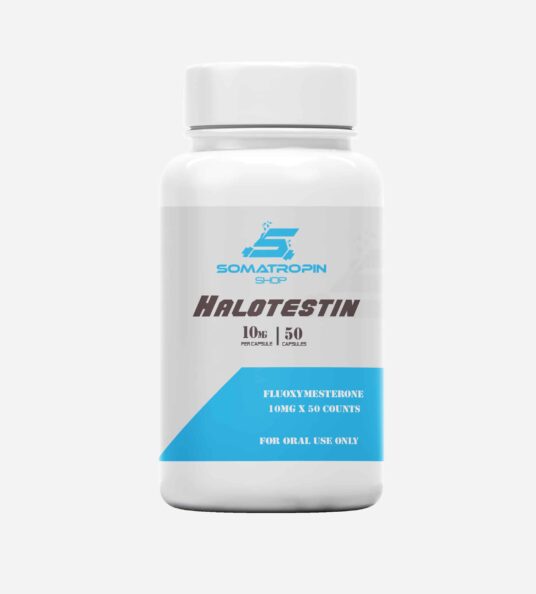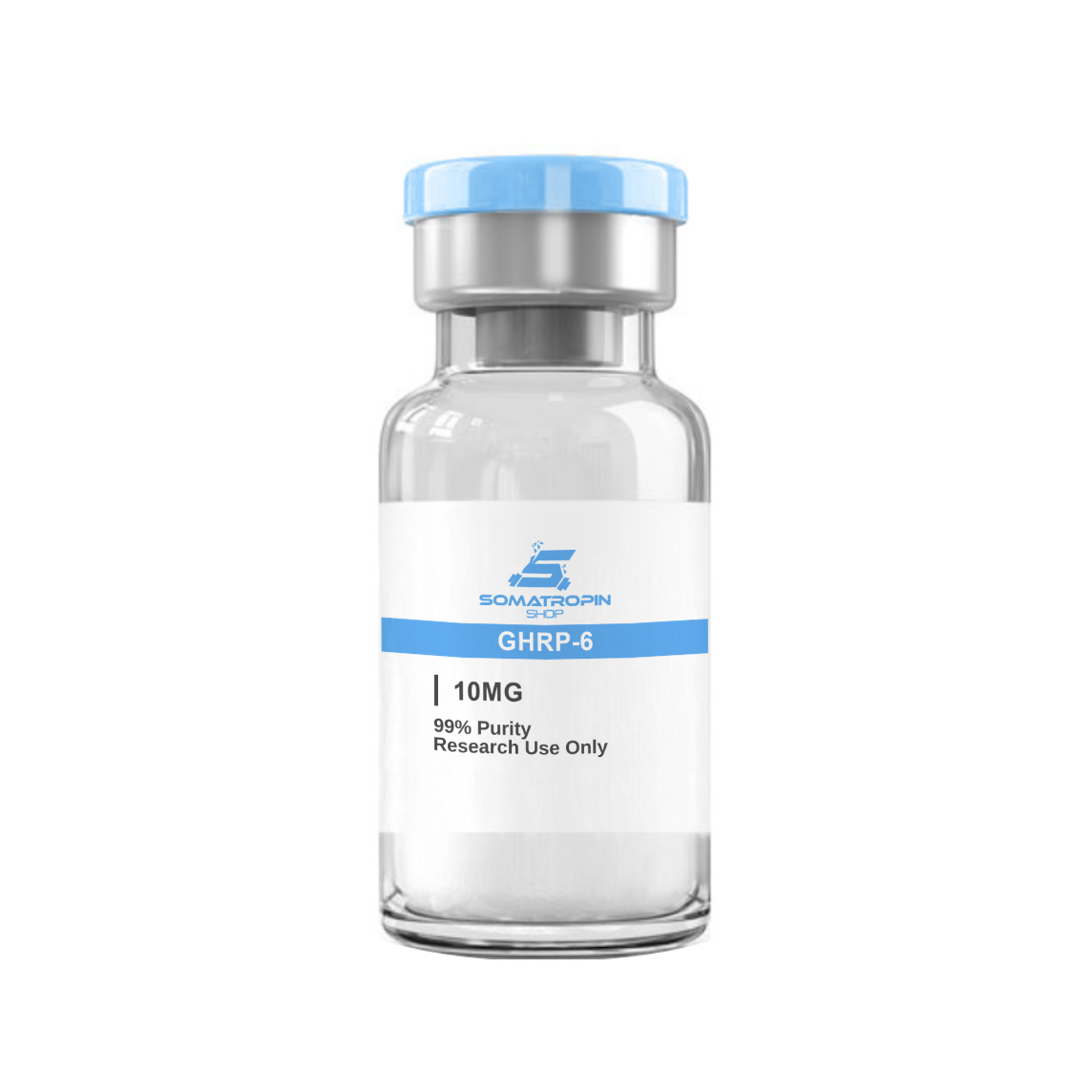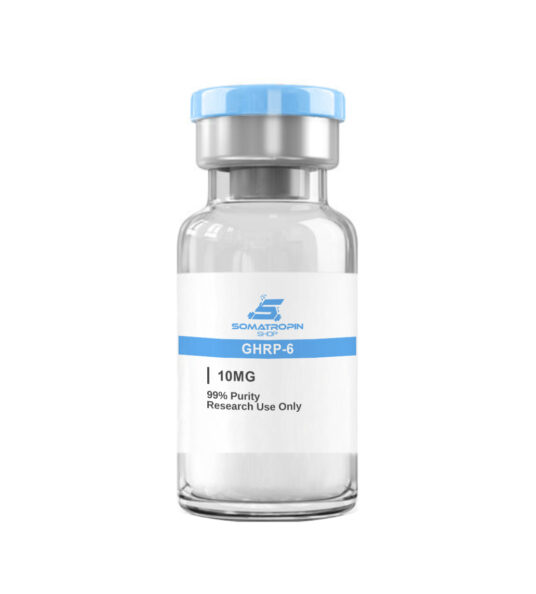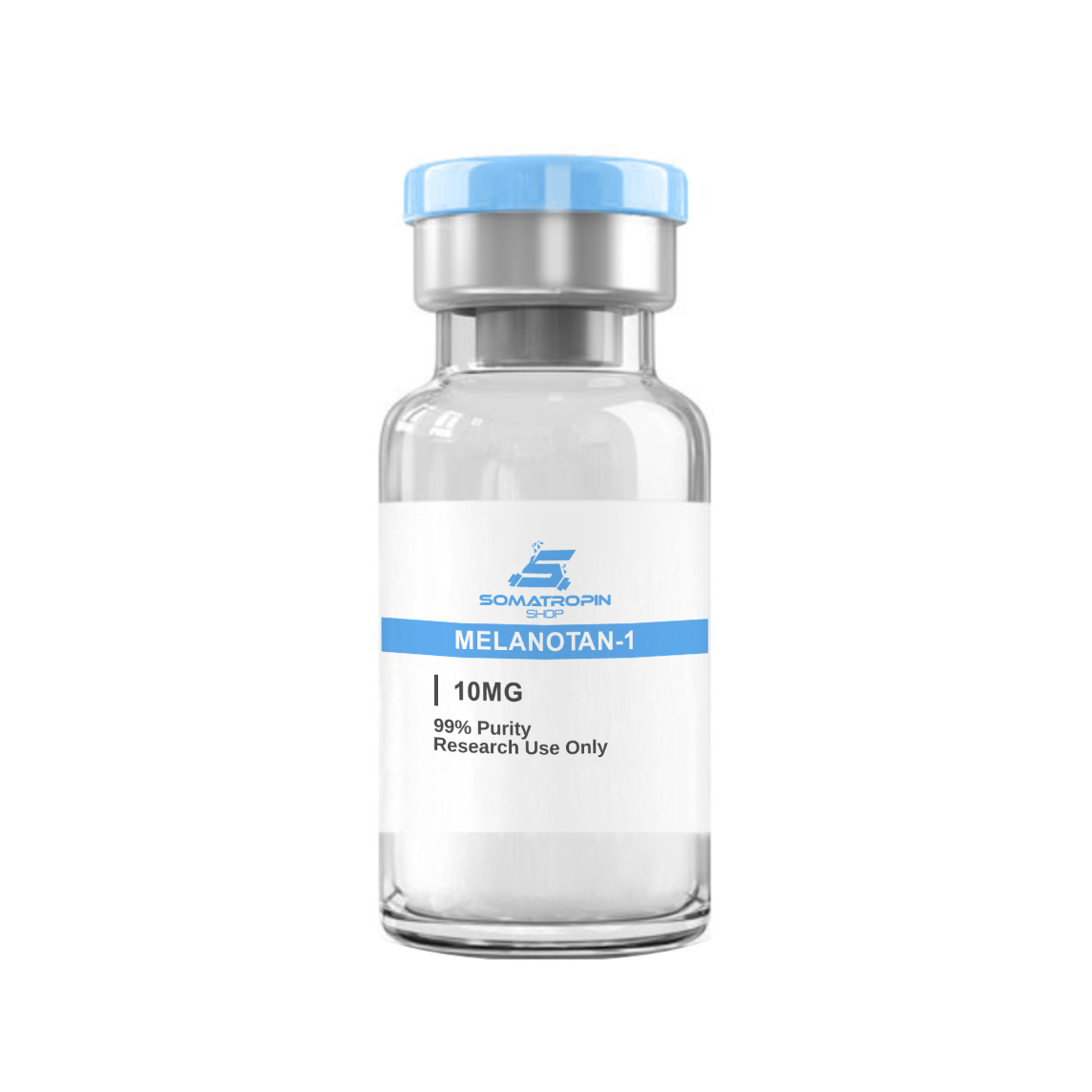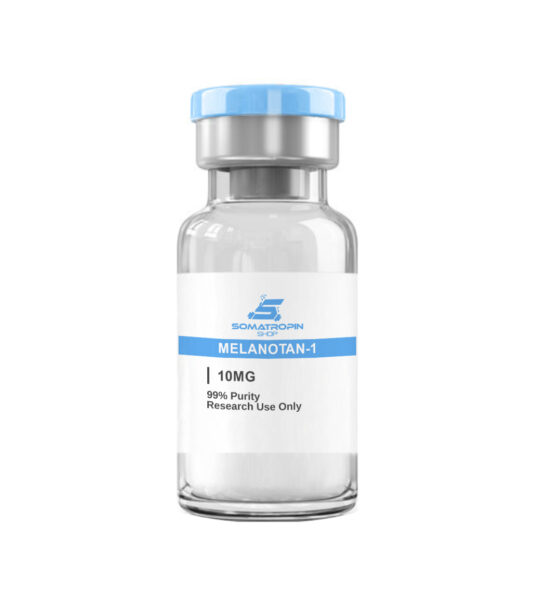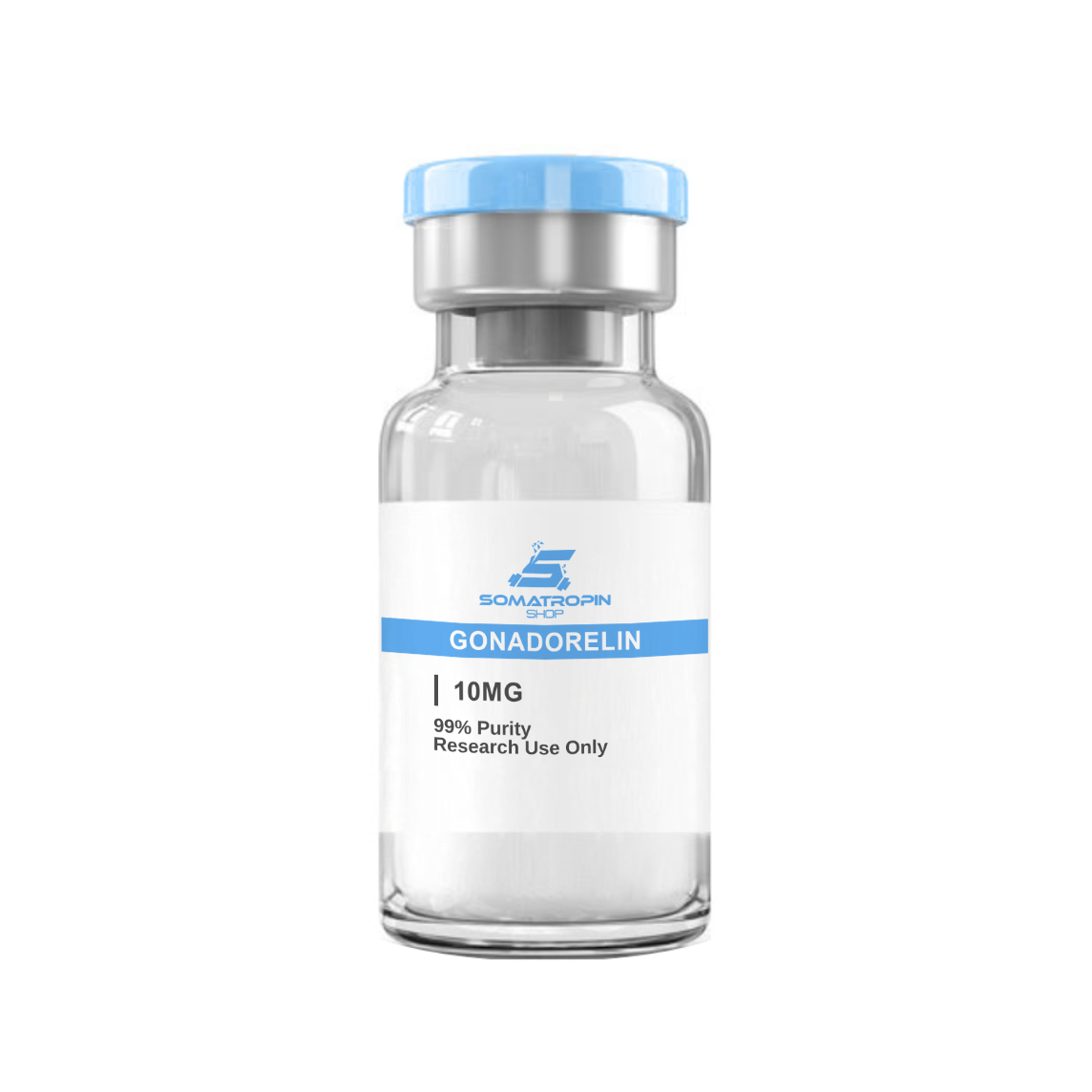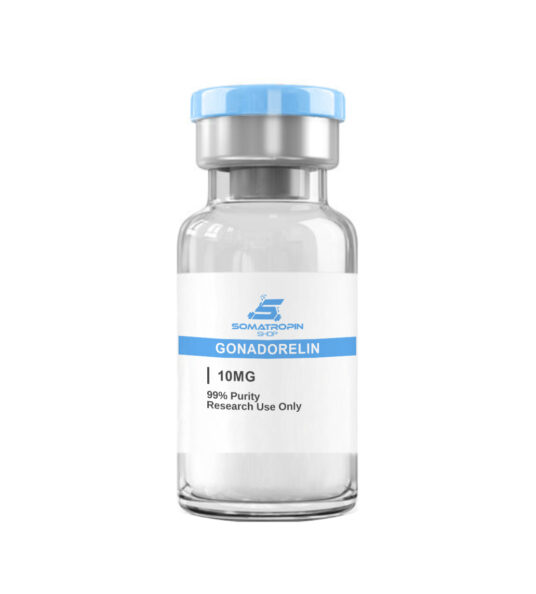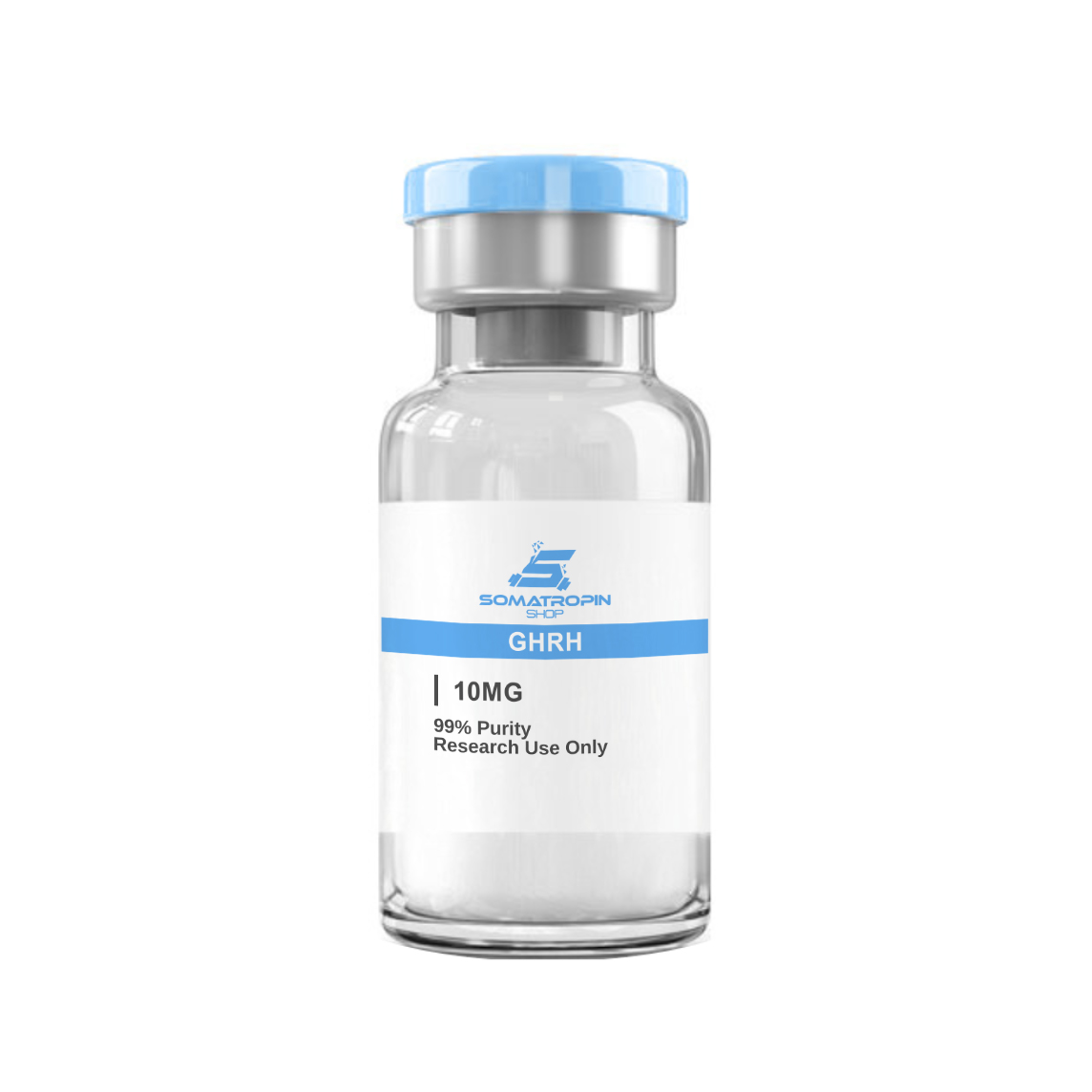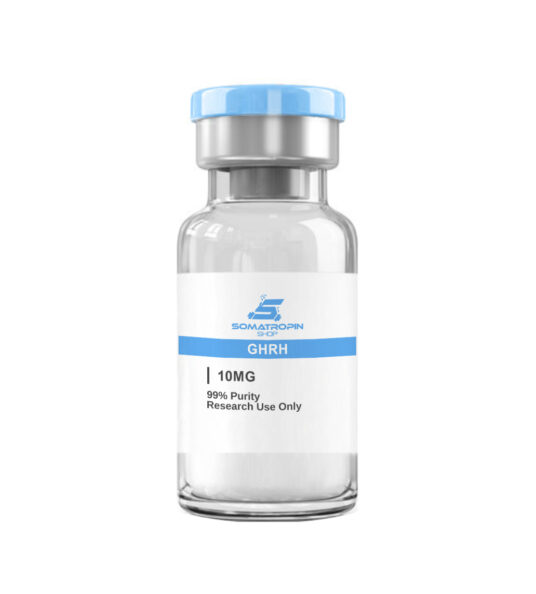Description
What is Triptorelin (GnRH)?
Triptorelin (GnRH) is a gonadotropin releasing hormone analogue that has been used in the clinical setting to treat advanced prostate cancer as part of a multi-faceted approach to androgen deprivation therapy. Similar to luteinizing hormone releasing hormone, Triptorelin (GnRH) is a potent inhibitor of testosterone and estrogen synthesis when given in long-term, continuous dosing. In the UK, Triptorelin (GnRH) is used to suppress testosterone and estrogen synthesis in transgender people. The peptide has also found application in the treatment of hormone-receptor positive breast cancer in premenopausal women.
Triptorelin (GnRH) Structure
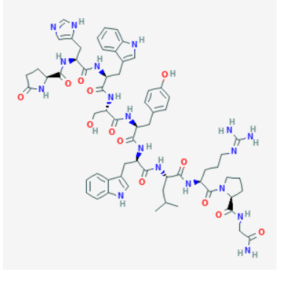
Source: PubChem
Sequence: Pyr-His-Trp-Ser-Tyr-D-Trp-Leu-Arg-Pro-Gly
Molecular Weight: 1311.473 g/mol
PubChem CID: 25074470
CAS Number: 57773-63-4
Synonyms: Decapeptyl, TRP(6)-LHRH, Trelstar, Triptoreline, Decapeptyl, Gonapeptyl
Triptorelin (GnRH) Research
Triptorelin (GnRH) Restores Testosterone Secretion in Some Men
The way in which Triptorelin (GnRH) is used can dramatically change the effects that the peptide has. Research has shown that Triptorelin (GnRH) increases testosterone levels early during prolonged treatment regiments and only begins to suppress production after chronic exposure to the peptide. This is referred to as testosterone flare and is seen in the first few weeks of Triptorelin (GnRH) treatment. This suggests that triptorelin may be useful in boosting testosterone levels in some men if administered with appropriate timing and in appropriate doses.
Administration Determines Effects
Triptorelin (GnRH) is an analogue of gonadotropin releasing hormone Triptorelin (GnRH). As such, it can stimulate the anterior pituitary gland to release follicle-stimulating hormone (FSH) and luteinizing hormone (LH). If given in a pulsatile manner, this is precisely what Triptorelin (GnRH) does. Exact levels of FSH and LH depend on the size and frequency of GnRH pulses and thus on the size and frequency of triptorelin dosing. If, however, triptorelin is given in a steady-state format rather than in a pulsatile manner, it will eventually suppress LH and FSH secretion as well as the production of testosterone and estrogen. How triptorelin is administered in research settings will determine what its ultimate properties are.
The vast majority of research into Triptorelin (GnRH) has focused on long-term, extended use of the peptide to suppress the production of sex hormones. Most of this research is geared toward oncology and the role of sex hormones in cancer progression. Recently, there has been some interest in using triptorelin to restore sexual function, fertility, and testosterone levels, but research is very preliminary.
Triptorelin (GnRH) Research and Breast Cancer
One of the mainstays of modern breast cancer treatment is to use hormone suppression to treat cancers that are sensitive to hormone levels. Currently, tamoxifen is the most commonly used medication in this class. Tamoxifen is a selective estrogen receptor modulator (SERM) used to both treat and prevent cancer in certain patients. Tamoxifen reduces the risk of breast cancer recurrence by about 40-50% in postmenopausal women and by 30-50% in premenopausal women. It has also been used to shrink tumors prior to surgery.
Tamoxifen, while an outstanding option, is not without side effects and, over time, tumors become resistant to its effects. The search for alternatives and adjuvants to tamoxifen has led scientists to investigate the role of it in breast cancer.
A recent phase 3 clinical trial has revealed that triptorelin (GnRH), when used in combination with zoledronic acid or letrozole, is more effective than tamoxifen in reducing disease-free 5- year survival rates in premenopausal women. Similar research has found that adding it to tamoxifen in the treatment of early-stage breast cancer improves disease control and increases survival, particularly in high-risk patients who have already received chemotherapy . The ability to boost efficacy and extend the benefits of hormone therapy in breast cancer treatment has made this area of triptorelin (GnRH) research particularly hot.
Its a Mainstay of Prostate Cancer Treatment
The primary use of triptorelin (GnRH) is in the treatment of prostate cancer where it acts to reduce growth by reducing testosterone levels. In the setting of hormone-sensitive prostate cancer, it reduces the 10-year mortality rate to less than 5%. It also reduces the need for surgical intervention. Overall, triptorelin (GnRH) has allowed most men to live out the remainder of their lives despite a diagnosis of prostate cancer. Still, there is interest in extending the benefits of it by combing it with other treatment modality.
New research indicates that combining triptorelin (GnRH) with radiation therapy can provide the same benefits as total androgen blockade. This may seem trivial, but total androgen blockade comes with a number of side effects that many men find intolerable. Reducing side effects while preserving efficacy, even if the difference is minimal, can improve quality of life and adherence to treatment.
Research also indicates that triptorelin (GnRH) can help to relieve the lower urinary tract symptoms of men with prostate cancer, reducing weekly frequency of severe symptoms from nearly 54% to 12%. These study results have been confirmed by similar trials in China, Belgium, South Korea, and other locations. These results indicate that it may also be useful in the treatment of benign prostatic hyperplasia and other conditions that interfere with urinary function in men. At the very least, triptorelin (GnRH) is able to relieve one of the most serious and life-altering symptoms of prostate cancer.
Protects Fertility
One of the side effects of chemotherapy, particularly when administered to younger individuals, is loss of fertility. A small clinical trial of Triptorelin (GnRH) use in young women undergoing chemotherapy has revealed that the peptide can preserve fertility in a significant portion of patients. Similar research has revealed that triptorelin can reduce the onset of early menopause in patients who have undergone chemotherapy by approximately 17%.
Triptorelin (GnRH) has benefits for fertility in a wide range of patients beyond just those receiving chemotherapy. Research in women with adenomyosis indicates that Triptorelin (GnRH) therapy can increase rates of spontaneous pregnancy and improve outcomes in these disease itself. Similar benefits have been seen in women with endometriosis.
Its Not Associated with Alzheimer’s Disease
One of the known risk factors for Alzheimer’s disease (AD) is female gender. Research has indicated that testosterone protects against the development of the disease while estrogen and progesterone appear to increase risk of developing AD. There was some concern, therefore, that undergoing androgen deprivation therapy could increase a man’s risk of developing AD and early data seemed to support this theory. Subsequent research, however, has suggested that early studies were too simplistic and that androgen deprivation is likely not the causative agent. In fact, a large meta-analysis of the FDA’s MedWatch adverse event data reporting system does not support the role of Triptorelin (GnRH) in AD or cognitive dysfunction.
Scientists speculate that the side effects of having prostate cancer, particularly the impact of the diagnosis on mood and behavior, may have more to do with development of AD than androgen deprivation therapy. A verdict has not been reached on this matter, but the evidence is being to point away from androgen deprivation and toward other causes.
Research and Endometriosis
Research shows that Triptorelin (GnRH) is beneficial in reducing pain in endometriosis. It does so by reducing the volume of nodules in the disease. There is some thought that this may also make Triptorelin (GnRH) an effective pre-surgical treatment to reduce bleeding and other complications that are common in surgery for endometriosis. Preliminary research suggests that Triptorelin (GnRH) can improve outcomes of laparoscopic surgery for endometriosis. It is particularly effective in increasing pregnancy rates following surgery.
Triptorelin has been found to have profound effects in women suffering from colorectal endometriosis, reducing pain in nearly 80% of patients and diarrhea in nearly 60%. The trial lasted just three months. Extending triptorelin therapy could improve results. Triptorelin (GnRH) is not curative in endometriosis, but it does make the disease manageable. There is hope that future research on the peptide will reveal means by which endometriosis can be cured permanently.
Research and Immune Function
Research in rats indicates that LHRH directly modulates the thymus and thus controls a critical aspect of the immune system. Aging leads to a reduction in LHRH agonist binding sites on the thymus, which in turn leads to a 50% decrease in thymic mass over time. This, in turn, leads to age-related immune dysfunction, such as increased susceptibility to colds and the flu. Administration of an LHRH agonist, like triptorelin, has been shown to improve proliferation within the thymus and reverse the effects of aging to some extent.
There is some thought that triptorelin supplementation may help to prevent age-related changes in thymic mass and thus improve immune system performance. The peptide could be used in both a therapeutic manner and as a preventative.
